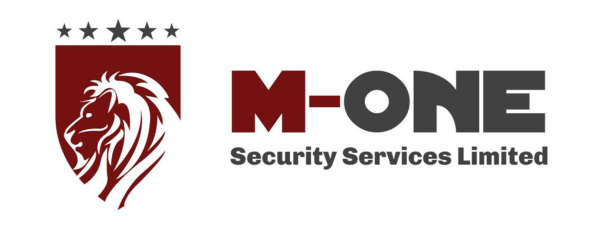Introduction
Businesses in Nigeria often underestimate the true cost of inadequate security, focusing on the immediate savings of cutting corners rather than the long term financial, operational and reputational risks. When business leaders in Nigeria think about security, many stop at installing CCTV or hiring a few guards which seems enough until something goes wrong. The real danger lies not in the obvious threats but in the hidden costs that only become visible after a breach, theft, or public incident. Here are the risks businesses overlook.
1) The Operational Fallout:
Security isn’t just about preventing theft, it’s about ensuring business continuity. In a country where logistics and transportation are already challenging, poor security can make things worse. Inadequate security can disrupt a business’s operations, leading to a cascade of problems that are often overlooked, a security incident can force a business to shut down temporarily for repairs, investigations and clean up, this loss of operational time translates directly into lost revenue. When employees don’t feel safe, their morale and productivity suffer, which brings constant fear of armed robbery or harassment and this can lead to low motivation and high staff turnover, this creates a vicious cycle of low output and increased hiring costs.
2) Reputation Damage That Social Media Amplifies:
Security failures don’t just cost money, they cost trust. Imagine a scenario of a salon which went viral for the wrong reasons when a customer altercation turned violent. No staff intervened, no security presence was visible and the clip circulated online with thousands of shares. The aftermath made customers to stop coming, not because of the fight itself, but because they felt unsafe, within three months, the business had lost nearly half of its regulars.
Reputation is hard to rebuild once the public questions your ability to protect them.
3) The Financial Blow:
Businesses with a history of security incidents will see their insurance premiums rise significantly. The most obvious cost of poor security is direct financial loss from theft or fraud, some insurance providers may even deny coverage if security measures are deemed insufficient, leaving the business completely exposed. Nigerian businesses, particularly in the financial and tech sectors are under increasing pressure to comply with data protection regulations.
4) Employee Safety and Morale:
When employees don’t feel safe, productivity suffers, for instance a staff of a mid sized firm staged a temporary walkout after two colleagues were attacked by robbers while leaving the office late at night. Management had installed lights and cameras, but no physical patrols or escort protocols. The loss of trust within a team can be just as damaging as the financial impact. Employees want to know that their workplace prioritizes their well being.
Conclusion
The businesses thriving in Nigeria’s evolving landscape are not the ones spending the least on security, they’re the ones spending smartest. The decision to invest in robust security is not an expense, it is a vital investment in a business’s survival and growth. The seemingly small cost of a security guard, a functional CCTV system or cybersecurity software pales in comparison to the massive an often irreversible. In today’s volatile environment, proactive security is the only way for Nigerian businesses to protect their assets, employees and reputation from risks they can no longer afford to overlook.


